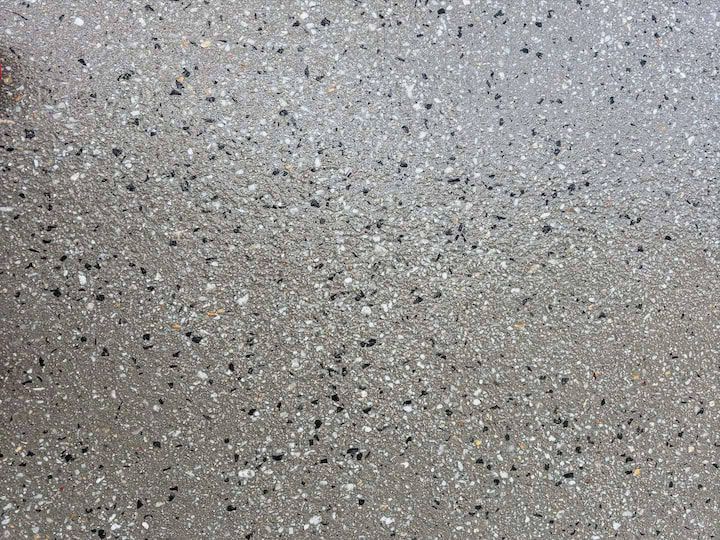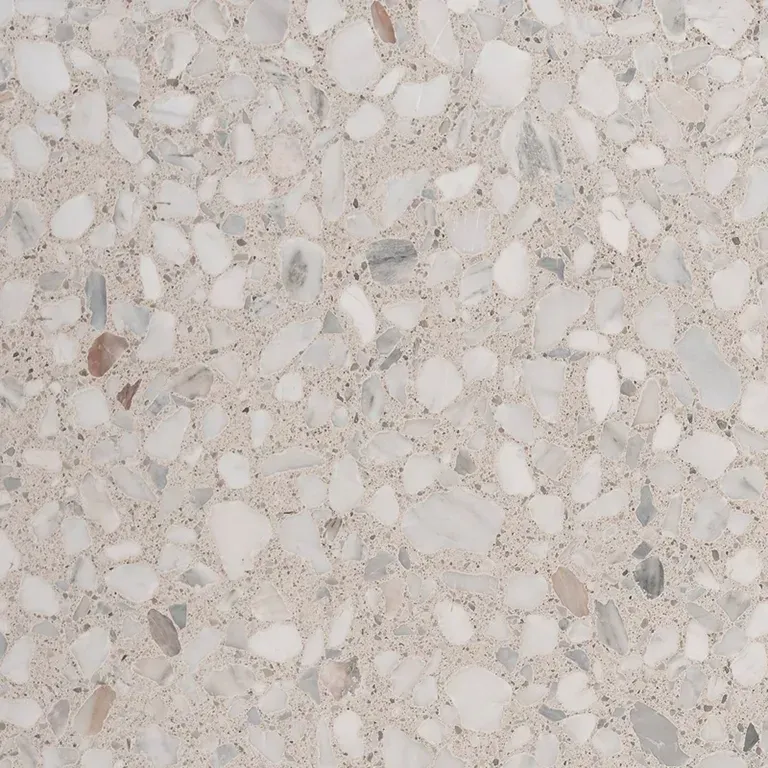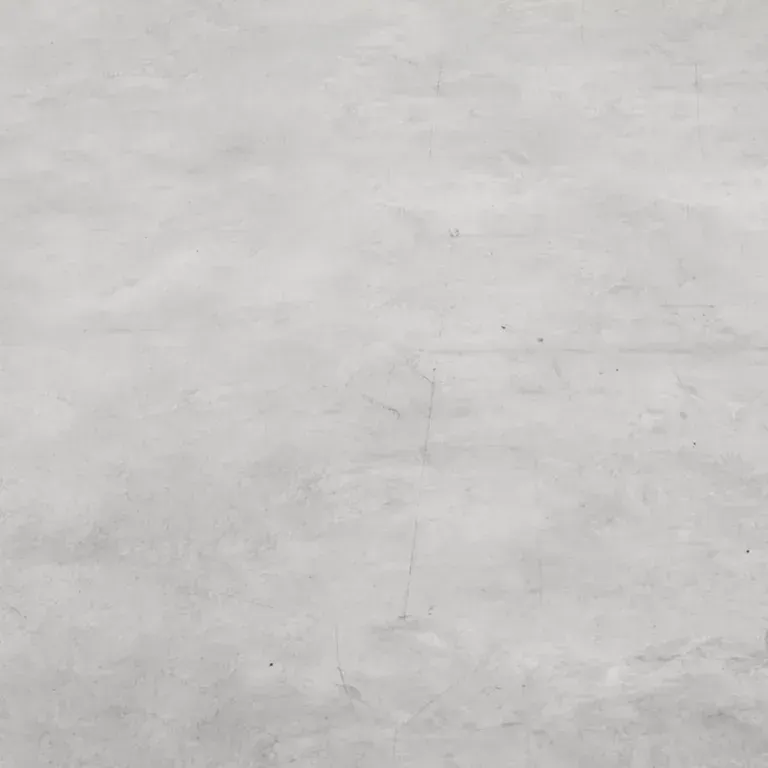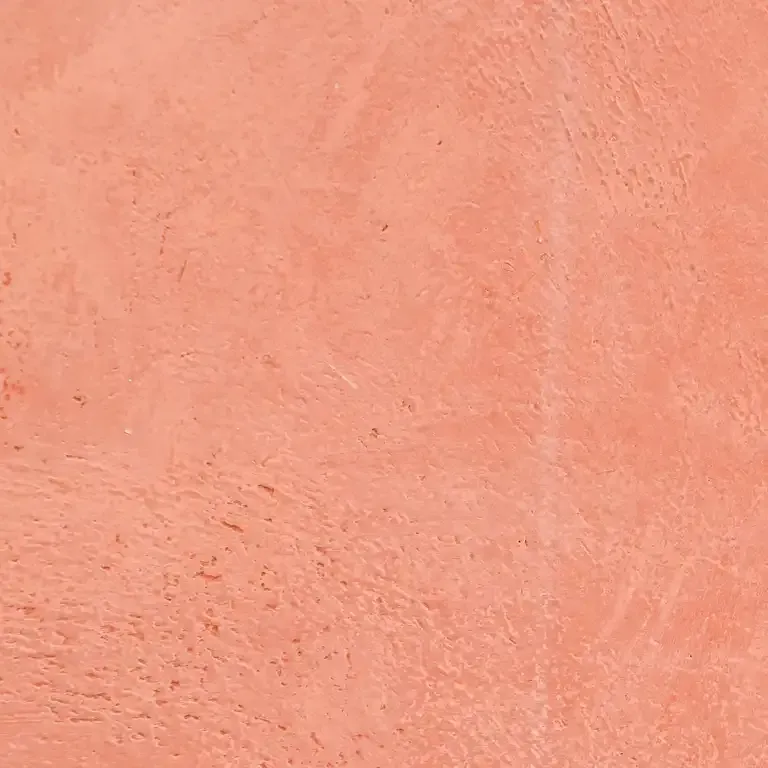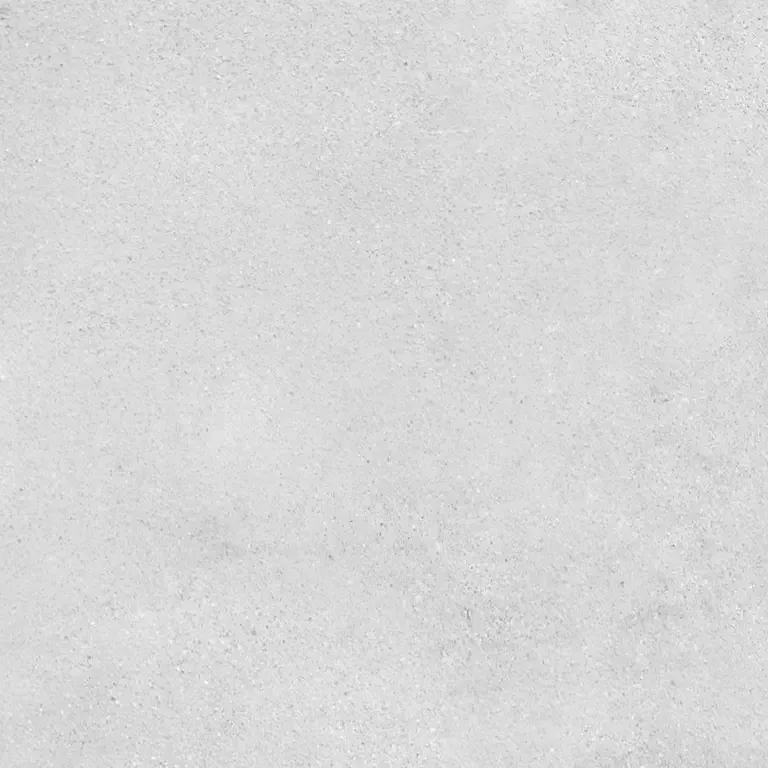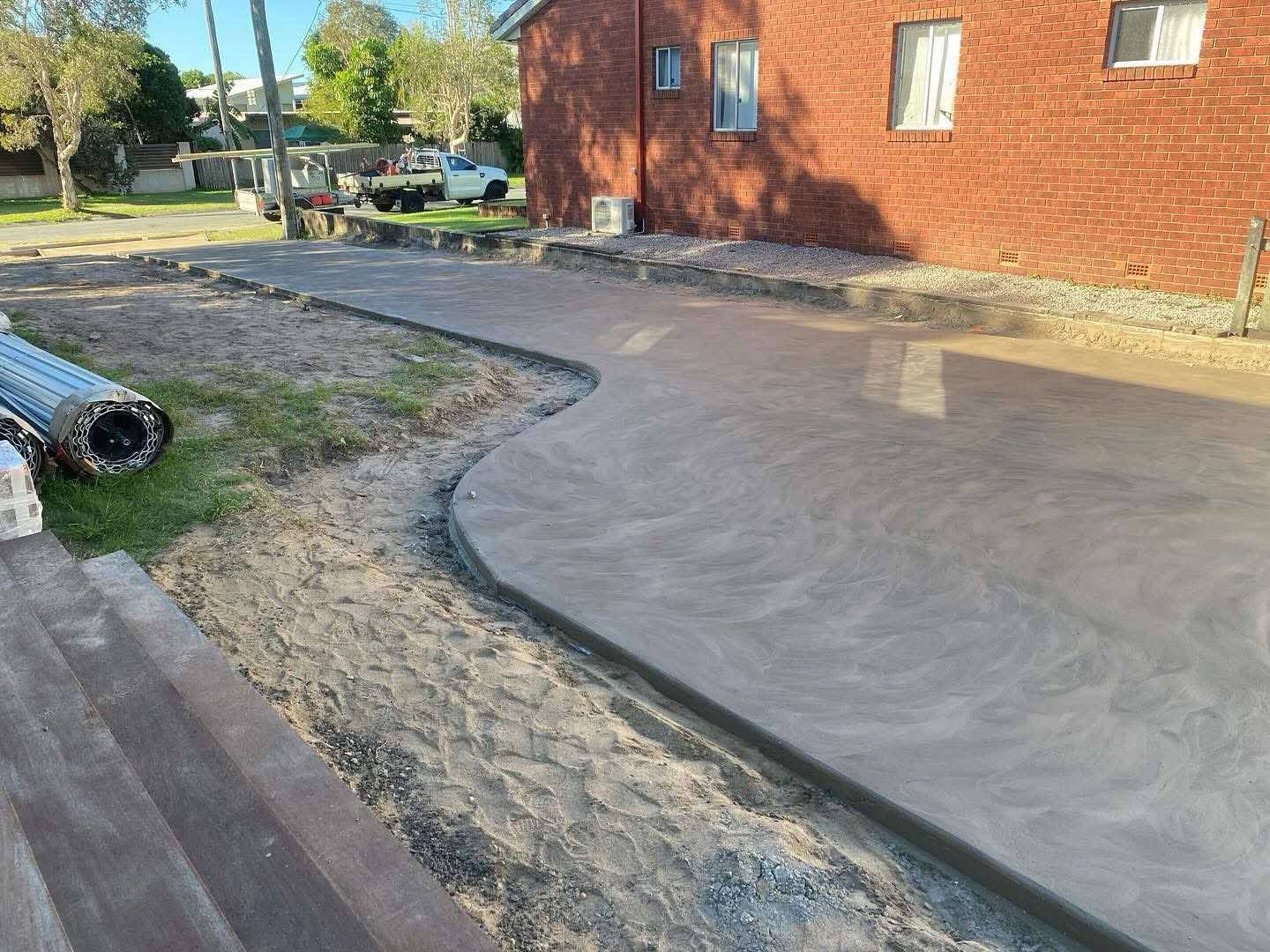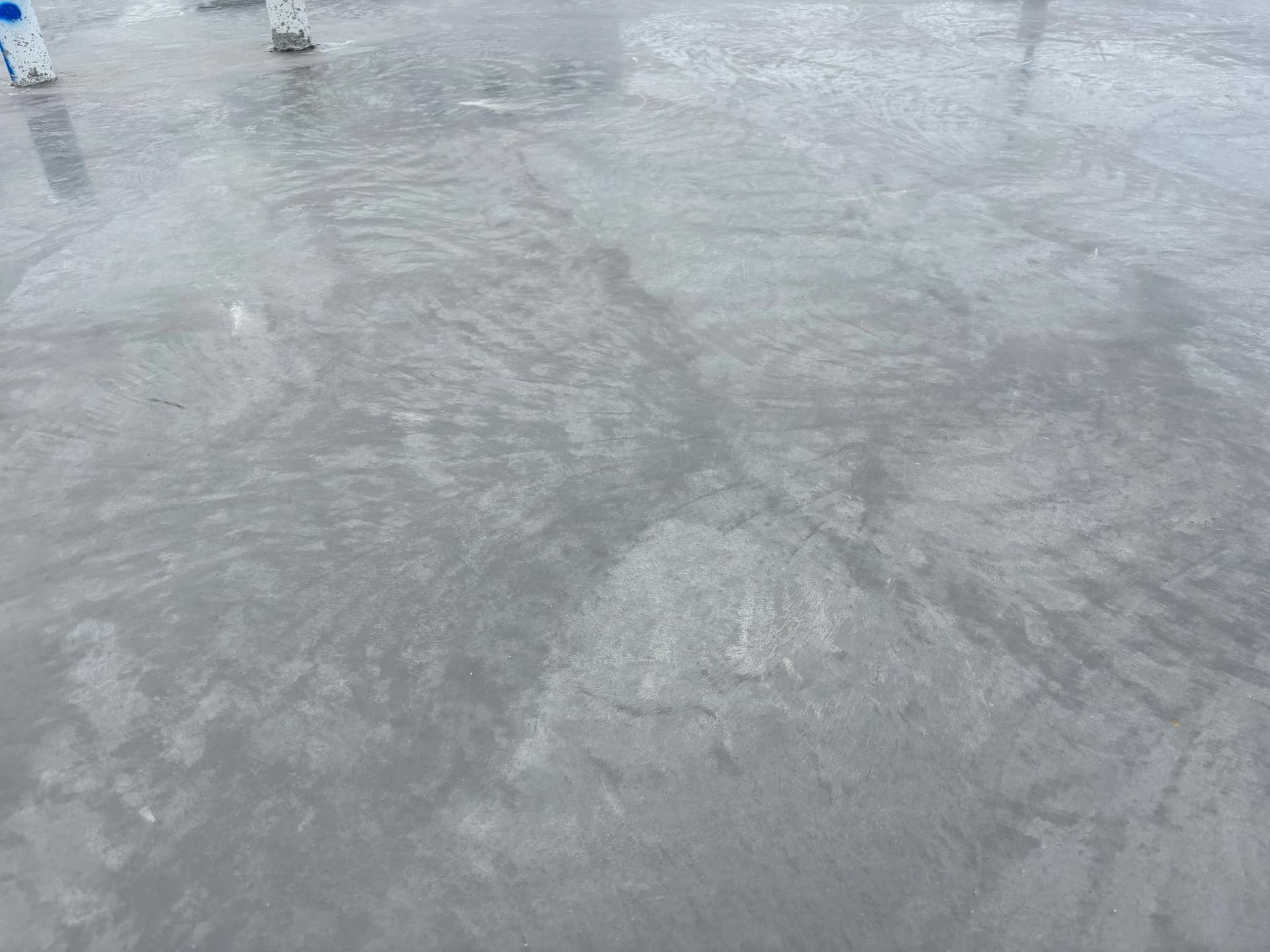Different Types of Concrete Finishes
Concrete is no longer just a dull, grey slab hidden beneath floors or in driveways. Today, it’s a design feature in its own right — durable, versatile and stylish. Whether you’re building a patio, pool surround, driveway or indoor feature floor, choosing the right concrete finish is key to achieving the perfect look and feel for your space.
In this blog, we’ll explore the most popular types of concrete finishes, including: exposed aggregate, honed concrete, burnished concrete, coloured concrete, and plain concrete. We’ll look at how each finish is created, where it works best and the benefits it brings to your project.
1. Exposed Aggregate
What Is Exposed Aggregate?
Exposed aggregate concrete is created by removing the top layer of cement paste to reveal the stones (aggregates) beneath the surface. This creates a textured, decorative finish that showcases the natural beauty of pebbles, stones, or crushed rock embedded in the mix.
How is Exposed Aggregate Achieved?
After the concrete is poured and partially set, a surface retarder is applied. The surface is then washed or brushed to expose the aggregate without affecting the structural integrity of the slab.
Where Is Exposed Aggregate Used?
Exposed aggregate is a popular choice for:
- Driveways
- Pathways
- Patios
- Pool surrounds
- Outdoor entertainment areas
The Benefits Of Using Exposed Aggregate
- Highly durable and slip-resistant
- Low maintenance and long-lasting
- Customisable with a range of stone types and colours
- Adds visual interest and texture to outdoor areas
2. Honed Concrete
What Is Honed Concrete?
Honed concrete is a smooth, matte finish achieved by grinding down the surface of exposed aggregate until it’s flat and polished. It offers a clean, sophisticated appearance that feels soft underfoot while still being hard-wearing.
How Is Honed Concrete Achieved?
The surface is ground with progressively finer diamond pads until the desired smoothness is reached. A penetrating sealer is then applied to enhance stain resistance and bring out the natural colours of the stone.
Where Is Honed Concrete Used?
- Pool surrounds
- Patios
- Indoor-outdoor spaces
- Garden paths
- Alfresco areas
The Benefits Of Using Honed Concrete
- Sleek and modern look
- Slip-resistant when sealed properly
- Comfortable to walk on barefoot
- UV stable and stain-resistant
- Ideal for coastal and humid environments
3. Burnished Concrete
What Is Burnished Concrete?
Burnished concrete delivers a glossy, mirror-like finish that’s achieved without any coatings or sealers. The effect is created by mechanically polishing the surface to a fine, reflective sheen.
How Is Burnished Concrete Achieved?
During the curing phase, the concrete is repeatedly trowelled using a mechanical burnisher. The heat and friction generated compact the surface, making it denser and more reflective. No aggregate is exposed in this process.
Where Is Burnished Concrete Used?
- Modern residential interiors
- Retail stores and showrooms
- Office spaces
- Designer homes and architectural projects
The Benefits Of Using Burnished Concrete
- Clean, minimalist appearance
- Dust-proof and easy to clean
- No coating to peel or flake
- Enhances light reflection in indoor spaces
- Long lifespan with minimal maintenance
4. Coloured Concrete
What Is Coloured Concrete?
Coloured concrete involves adding pigments to the concrete mix before pouring, giving it a consistent colour throughout. From earthy tones to bold hues, coloured concrete allows for creative expression without compromising durability.
How Is Coloured Concrete Achieved?
Integral colour is mixed directly into the concrete batch, ensuring even distribution and fade resistance. It can be combined with various finishing techniques — such as broom finishes, stamping or sealing — for different effects.
Where Is Coloured Concrete Used?
- Driveways
- Walkways
- Garden edges
- Outdoor entertaining areas
- Decorative internal floors
The Benefits Of Using Coloured Concrete?
- Wide range of colour choices
- UV-resistant and fade-resistant when sealed
- Helps complement architectural and landscape designs
- Customisable for personal style and branding
- Great for reducing glare compared to plain grey finishes
5. Plain Concrete
What Is Plain Concrete?
Plain concrete may be the most basic finish, but that doesn’t mean it lacks quality. When finished with care, plain concrete offers a clean, functional look that works well for both residential and commercial projects.
How Is Plain Concrete Achieved?
Once poured, the surface is levelled, screeded and trowelled to a smooth or lightly textured finish. Control joints are added to reduce the risk of cracking, and the concrete is then cured properly for maximum strength.
Where Is Plain Concrete Used?
- Shed and house slabs
- Footpaths
- Foundations
- Utility areas
- Car parks and commercial zones
The Benefits Of Using Plain Concrete
- Affordable and versatile
- Fast installation
- Strong and long-lasting
- Can be resurfaced or upgraded later
- Ideal for functional areas or as a base for other finishes
Choosing the Right Concrete Finish
When deciding on a concrete finish, consider the following:
- Purpose of the space: A pool area needs a slip-resistant finish like honed or exposed aggregate, while a living room might benefit from the sleekness of burnished concrete.
- Aesthetic appeal: Choose a finish that complements your home’s architectural style and landscaping.
- Maintenance needs: Some finishes like burnished or honed concrete require sealing but are easier to clean long-term.
- Budget: Plain concrete is the most cost-effective, while coloured or polished options may carry higher upfront costs but offer long-term design value.
Conclusion
Concrete is no longer just a structural material — it’s a design statement. Whether you want something practical, stylish, or bold, there’s a concrete finish to suit every taste and project type.
To discuss your next concreting project, get in touch with J Willow Concrete - your professional Sunshine Coast concreter.
Written by Ben from J Willow Concrete
Ben’s been in the concreting industry for more than 15-years and is an industry-leader in decorative concrete on the Sunshine Coast. He started J Willow Concrete to provide premium-quality concreting at an affordable price.


